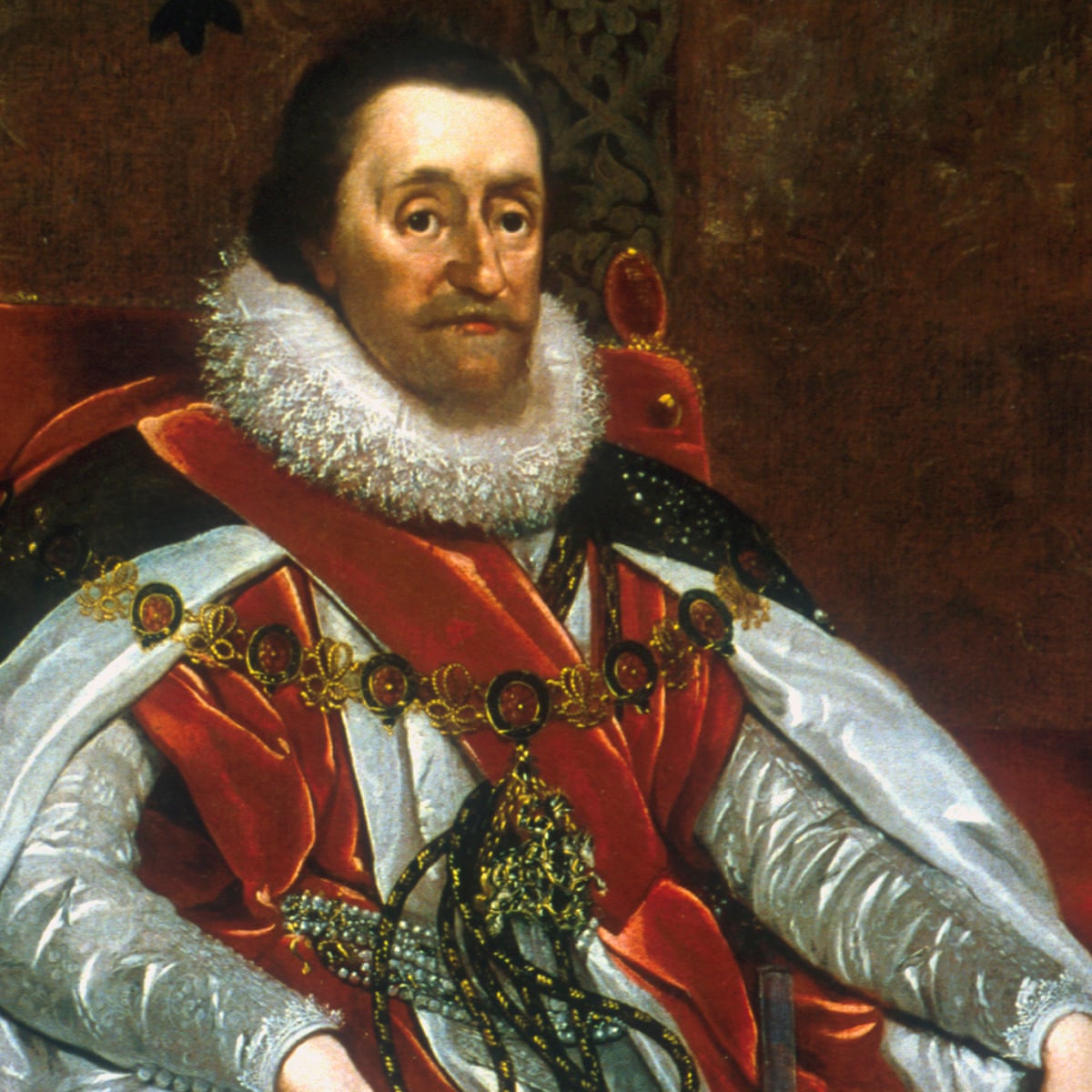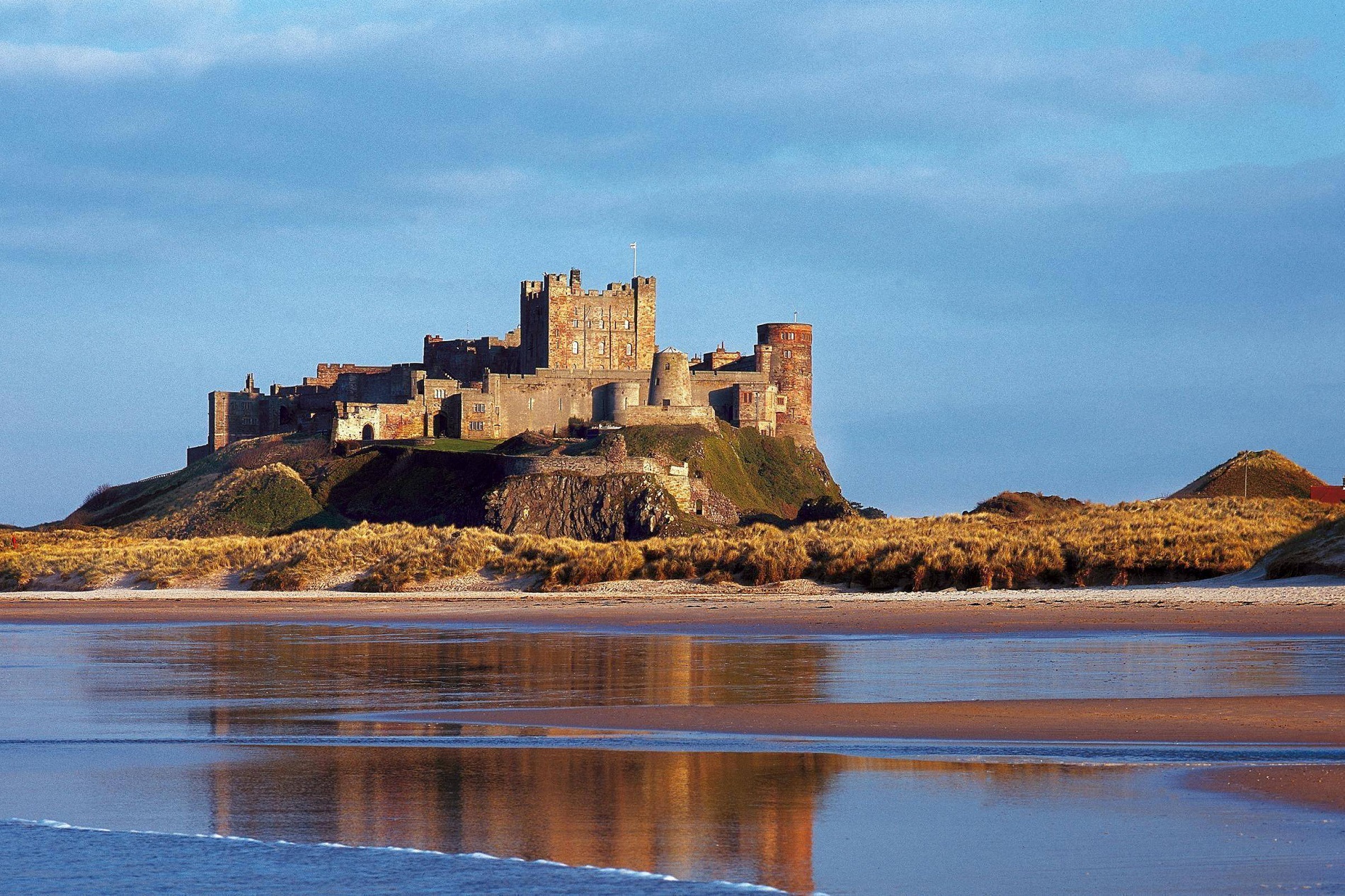hope
Proud Member
- Joined
- Jan 15, 2023
- Messages
- 2,096
- Points
- 113
That's what I've translated now:Tú, alfagra land mítt,
mín dýrasta ogn,
á vetri so randhvítt,
á sumri við logn,
tú tekur meg at tær
so tætt í tín favn,
tit oyggjar so mætar,
Gud signi tað navn,
sum menn tykkum góvu,
tá teir tykkum sóu,
Ja, Gud signi Føroyar, mítt land.
You don't seem to know what to do.
when you
want you to log into
into the system,
you can be sure that it's
it is, and
but it means you don't know what to do when you're working on our land.






